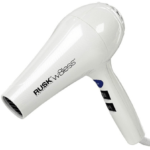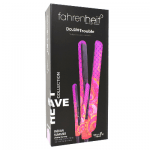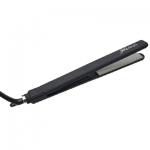When skin is dry, it can become tight and uncomfortable, leading to itching or flaking. Dry skin can often be treated with moisturizers and other products that help restore the natural oils in the skin.
The use of moisturizers and other skin care products can be beneficial to individuals struggling with dry skin. Moisturizers help replenish the natural oils in the skin, which keep it hydrated and supple. They are made with emollient ingredients such as ceramides and hyaluronic acid that are known for their ability to draw moisture from the air into the epidermis, creating a protective barrier against water loss. Additionally, certain types of moisturizers include humectants like glycerin or aloe vera that act like magnets by attracting water from deeper layers of skin towards the surface. This helps maintain hydration levels throughout the day, reducing discomfort caused by dry patches on our face or body.
Apart from using topical solutions such as lotions or creams, people suffering from chronic dryness should also consider modifying their lifestyle habits for better results. Drinking plenty of fluids is essential for keeping your body well-hydrated; staying away from harsh chemicals found in skincare products; avoiding long hot showers; wearing gentle fabrics such as cotton instead of synthetic materials; protecting your skin while outdoors through sunscreens and clothing choices – all these measures contribute to preventing dehydration and improving overall health of your complexion over time.
In cases when home remedies arent proving effective enough for treating severe instances of dryness, seeking professional medical care may be necessary to ensure underlying conditions are ruled out properly before any further treatment is started. Depending on individual needs, doctors may suggest medications taken orally (such as steroids) or even prescription strength topical ointments containing corticosteroids combined with humectant agents if needed. In rare cases where extreme flaking occurs due to contact dermatitis or psoriasis flare-ups, phototherapy exposure to ultraviolet light might prove helpful along with additional treatments prescribed specifically by a healthcare provider depending on diagnosis outcome..
Moisturizers help replenish the natural oils in the skin, creating a protective barrier against water loss.
Modifying lifestyle habits such as drinking plenty of fluids and avoiding harsh chemicals can contribute to improving overall health of your complexion.
In cases when home remedies arent enough for treating severe instances of dryness, seeking professional medical care may be necessary and may include medications taken orally or topical ointments containing corticosteroids combined with humectant agents.


